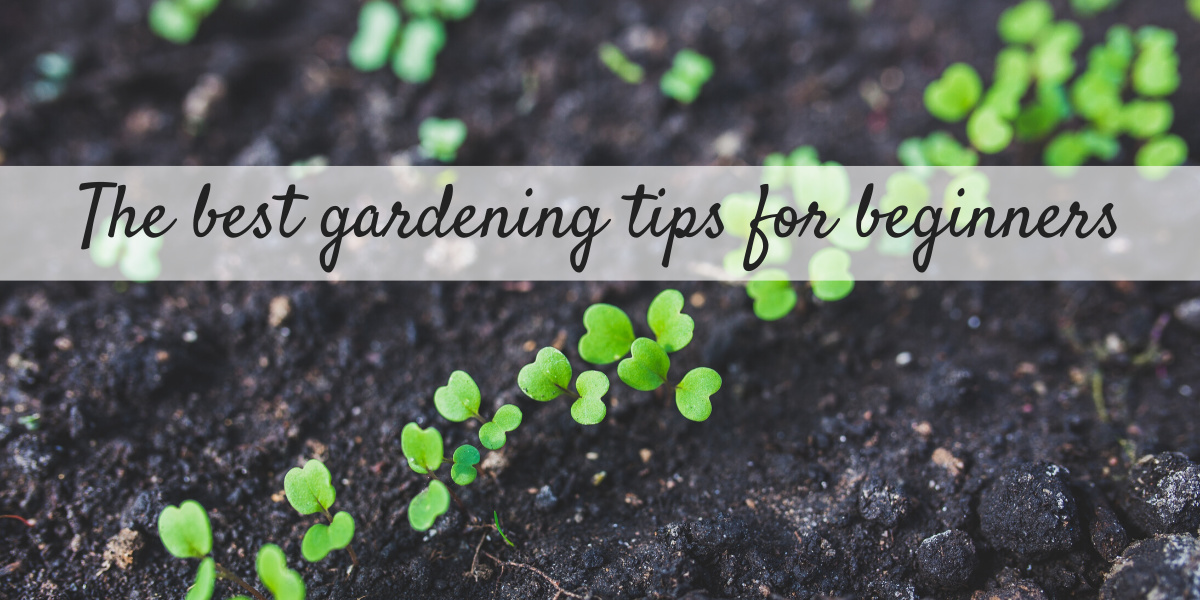If there is one thing to remember, it is that plants need water. If you are not sure how much water to give your plants, be aware that generally speaking, it is better to water less often, but abundantly. This allows the deeper roots to receive their share of water. On hot summer days, think about watering in the morning so your plants can survive the afternoon rays without getting dehydrated.
You have now all the tips you need to start your first garden this summer! Remember, gardening is fun and can be adapted to all environments and all levels of gardeners!

